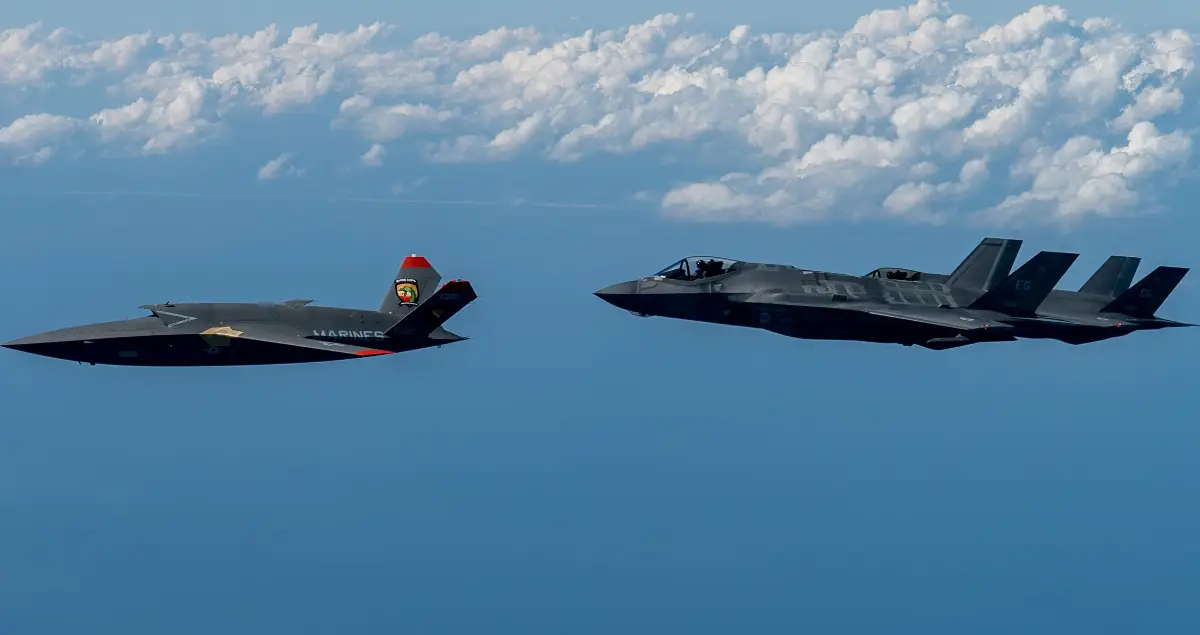
UAV aircraft: Marine Corps' Kratos XQ-58 Valkyrie successfully conducts 3rd flight test
Link 16 data communication system integrated for effective deployment of unmanned fighters

The third test flight of the US Marine Corps' Kratos XQ-58 Valkyrie tactical unmanned aircraft for the aerial reconnaissance and combat role was a success in recent days, the USAF reported in these hours. The test saw the integration of the Link 16 data communication system, a fundamental tool for the effective deployment of unmanned fighters.
The first flight test was conducted on October 3, 2023 at Eglin Air Force Base, Florida, coordinated by engineers from the 40th FLTS (Flight Test Squadron). Also at Eglin on February 23, the UAV (Unmanned Aerial Vehicle) underwent the second test, which was defined as "a milestone", fundamental in the implementation of Project Eagle, the aviation modernization strategy in support of broader Force Design modernization efforts (also known as FD2030, an ongoing force restructuring plan by the US Marine Corps to reshape its combat power for future conflicts, introduced in March 2020).
The XQ-58A provides the Marine Corps with a test platform for developing technologies and new concepts to support the Marine Air Ground Task Force, such as autonomous flight and unmanned interaction with manned aircraft.
Future flight tests of the aircraft (six total are planned) will help evaluate the effectiveness of autonomous electronic support for manned platforms such as the USMC F-35B Lightning II, and the potential of artificial intelligence-enabled platforms, the Marine Corps notes. “AI testing requires a combination of both new and traditional test and evaluation techniques. The team is learning more and more data that will be used to plan future programs", Ryan Bowers, 40th FLTS engineer, said of each new XQ-58 test at Eglin.
General Scott Cain, commander of the Air Force Research Lab, echoed these sentiments: "AI will be a critical element of future warfare and the speed at which we will need to understand the operational picture and make decisions. AI, autonomous operations, and human-machine teamwork continue to evolve at an unprecedented pace, and we need the concerted efforts of our government, academia, and industry partners to keep pace".
AVIONEWS - World Aeronautical Press Agency